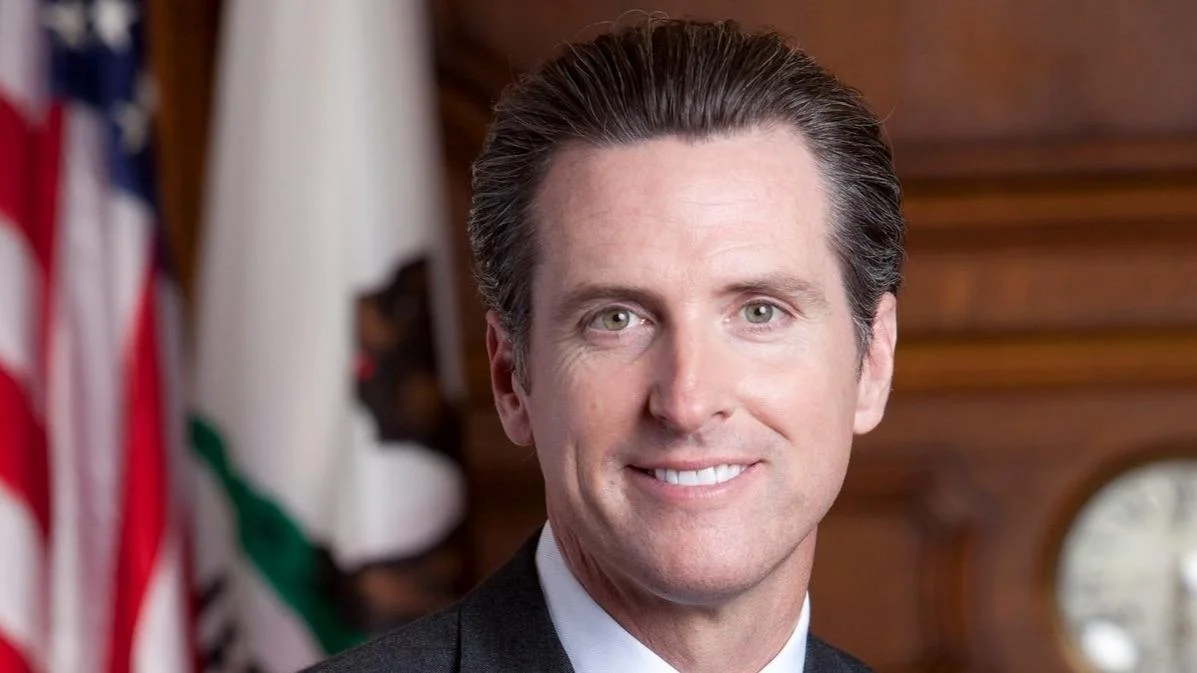
Gavin Newsom, Governor of California | Official website
The State of California has announced $127 million in new grants to support local governments and tribal communities with mental health and substance abuse treatment programs, building on previous investments in behavioral health services. The funding targets initiatives eligible under both Proposition 47 and Proposition 36, continuing a series of efforts to address public safety through expanded access to treatment.
Governor Gavin Newsom stated, "California is tackling crime while investing in programs that address the mental health and drug issues on our streets. Families have a right to safe streets and communities — and this funding helps us keep that promise."
Of the newly awarded grants, more than 60% will go toward programs offering treatment as required by Prop 36. In total, 23 grants were awarded, supporting diversion programs alongside mental health and substance use disorder services.
Prop 36 was designed to mandate treatment for repeat drug offenders but did not initially provide funds for creating or implementing those treatments. The state’s current approach seeks to fill these gaps by building out necessary behavioral health infrastructure.
"California has long seen the interrelatedness between investments in mental health reform and the ultimate results in our overall public safety," Governor Newsom said.
According to state data, over 1.2 million adults in California live with serious mental illness, while about one in ten residents meet criteria for a substance use disorder. Since the dismantling of parts of California’s mental health system decades ago, many individuals have relied on the criminal justice system for care.
In March 2024, voters approved Proposition 1 which allocated over $6.4 billion toward transforming behavioral health systems statewide—including permanent supportive housing—to further reduce homelessness and improve community safety (https://www.gov.ca.gov/2024/03/06/california-voters-pass-prop-1-governor-newsom-announces-new-era-for-mental-health-care-housing/).
Governor Newsom's administration has prioritized comprehensive reforms intended to create a continuum of care that relieves pressure on criminal justice resources while supporting local partners with additional funding. Officials point to declining crime rates within California compared to national trends and improvements regarding homelessness as evidence these strategies are producing positive outcomes (https://www.cdcr.ca.gov/news/2023/07/10/californias-crime-rates-remain-at-or-near-historic-lows-in-2022-despite-pandemic-era-challenges/#:~:text=Despite%20these%20challenges%2C%20California%E2%80%99s%20overall,rates%20increased%20by%207.%206%).
Linda Penner, Board Chair of the Board of Community and State Corrections (BSCC), commented on recent grant awards: "The Proposition 47 grant program continues to fund important initiatives that create meaningful pathways to recovery and stability... We are pleased to award funding to critical programs that will continue to build stronger, safer communities by expanding the services and interventions that make change possible."
Since its inception following voter approval in 2014, Prop 47 has redirected nearly $1 billion into community-based solutions such as housing assistance; voluntary or mandated substance-use disorder treatment; job training; civil legal services; K-12 education; and victim services (https://www.bscc.ca.gov/s_bsccprop47). Sixty-five percent of these funds are dedicated specifically toward mental health treatment or diversion efforts.
Evaluations show Prop 47-funded programs cut recidivism rates by more than half among service recipients. Interim reports also indicate substantial decreases—41% in unemployment rates and up to a 70% reduction in homelessness—for program participants.
However, officials note an ongoing challenge: as incarceration rates rise under Prop 36’s mandates without corresponding cost savings from reduced prison populations (the source of Prop 47 funds), future grant availability may be affected.
Public safety investments remain high priorities for California leadership. Since 2019, more than $1.7 billion has been directed at hiring police officers and improving law enforcement operations across the state—including record allocations against organized retail crime last year totaling $267 million distributed among dozens of cities (https://www.gov.ca.gov/2023/06/21/governor-newsom-announces-largest-ever-investment-to-combat-organized-retail-crime-in-california-history). Recent bipartisan legislation aims further crackdowns on property crimes like smash-and-grab robberies.
Through Proposition 1 alone, more than $6 billion is now available for permanent supportive housing construction or acquisition as well as mobile infrastructure supporting behavioral healthcare—an effort known as the Behavioral Health Continuum Infrastructure Program (BHCIP) (https://bhcip.chhs.ca.gov).
"The state is awarding a new round of funding — $127 million — to local governments," Governor Newsom said today.
 Alerts Sign-up
Alerts Sign-up